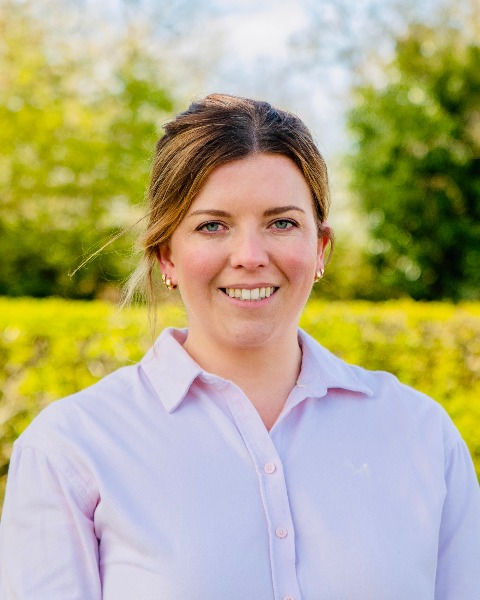Equine
In Person Only
E20 - Prospective Categorisation of Early Maternal Care Style in Thoroughbred Broodmares
Thursday, June 19, 2025
3:45 PM - 4:00 PM ET
Location: KICC L006
CE: 0.25 Medical

Alexandra L. Moss, BVSc (Dist), MRCVS, MS, cVMA, DACVIM (LAIM) (she/her/hers)
Clinical Assistant Professor in Equine Medicine
Univeristy of Nottingham
Burton-on-Trent, England, United Kingdom
Research Abstract - Oral Presenter(s)
Abstract:
Background: The quality of early maternal care style (MCS) has long-lasting influences on a neonate’s subsequent stress response and behavioural phenotype, with poor MCS linked to poor stress adaptation later in life. Hypothesis: Early MCS can be determined in Thoroughbreds by categorising protective and nursing behaviours, validated through tests assessing maternal bond (separation) and fearfulness (novel object). Animals: Privately-owned Thoroughbred broodmares (n=36, 4-23 years old) from one farm.
Methods: A prospective cohort study was performed. Ethogram and qualitative behavioural (QBA) assessments of mare-foal interactions were quantified over the first 2 weeks after parturition. Behavioural and physiological measurements (salivary cortisol, heart rate variability) were taken from broodmares during a 3-minute mare-foal separation test and a 5-minute novel object test.
Results: Ethogram and QBA results were significantly correlated (r=0.41, p=0.01; Pearson’s correlation), with 3 principal components responsible for 56.4% of variation in behaviours (Principal component analysis). Two distinct clusters corresponding to high and low MCS phenotypes were identified (k-means clustering), with successful nursing (p=0.02) and distancing down (p=0.0037) ethogram behaviours differing significantly between phenotypes. Probit regression analysis confirmed MCS phenotypes to be reliably predicted by the maternal bond and fearfulness tests, with a high area under the ROC curve (0.87). Conclusions and Clinical Importance: Ethogram/QBA-based assessments of maternal care in Thoroughbreds provide robust MCS phenotypes. This has applications for studies on the effect of early MCS on the stress response in equine neonates later in life, aiming to improve welfare and attenuate stress-related diseases.
Background: The quality of early maternal care style (MCS) has long-lasting influences on a neonate’s subsequent stress response and behavioural phenotype, with poor MCS linked to poor stress adaptation later in life. Hypothesis: Early MCS can be determined in Thoroughbreds by categorising protective and nursing behaviours, validated through tests assessing maternal bond (separation) and fearfulness (novel object). Animals: Privately-owned Thoroughbred broodmares (n=36, 4-23 years old) from one farm.
Methods: A prospective cohort study was performed. Ethogram and qualitative behavioural (QBA) assessments of mare-foal interactions were quantified over the first 2 weeks after parturition. Behavioural and physiological measurements (salivary cortisol, heart rate variability) were taken from broodmares during a 3-minute mare-foal separation test and a 5-minute novel object test.
Results: Ethogram and QBA results were significantly correlated (r=0.41, p=0.01; Pearson’s correlation), with 3 principal components responsible for 56.4% of variation in behaviours (Principal component analysis). Two distinct clusters corresponding to high and low MCS phenotypes were identified (k-means clustering), with successful nursing (p=0.02) and distancing down (p=0.0037) ethogram behaviours differing significantly between phenotypes. Probit regression analysis confirmed MCS phenotypes to be reliably predicted by the maternal bond and fearfulness tests, with a high area under the ROC curve (0.87). Conclusions and Clinical Importance: Ethogram/QBA-based assessments of maternal care in Thoroughbreds provide robust MCS phenotypes. This has applications for studies on the effect of early MCS on the stress response in equine neonates later in life, aiming to improve welfare and attenuate stress-related diseases.


